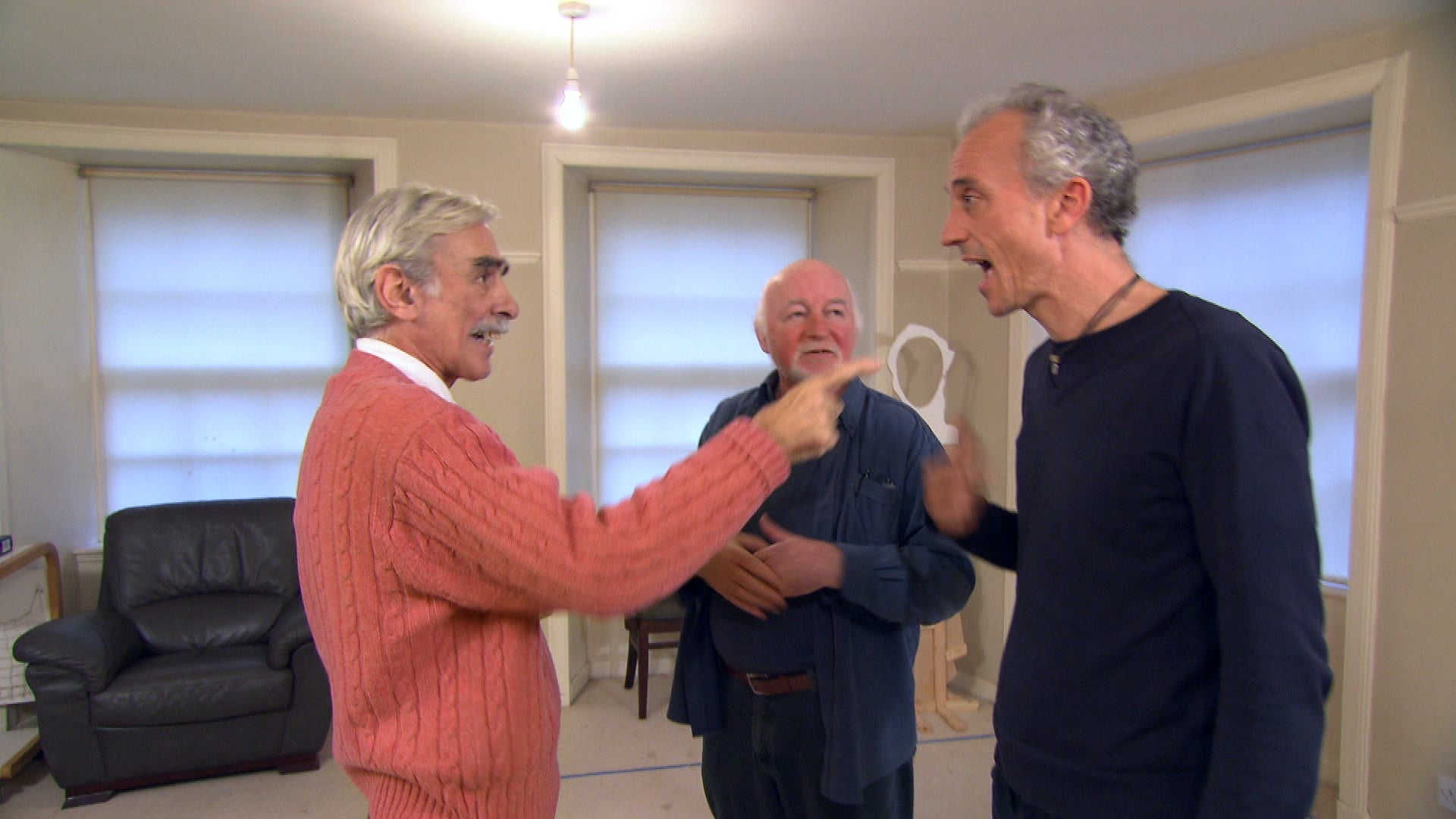David MacLennan: Co-founder and guiding light of the Wildcat Company who was at the vanguard of British political theatre for 20 years

For 20 commendable years David MacLennan and David Anderson’s Wildcat Theatre Company, a breakaway troupe from the now legendary 7:84, kept theatre in Scotland jocular and political. On its occasional excursions south of the border, English audiences, too, were able to glimpse a little of an invigorating but to them an alien tradition: popular theatre.
It was a movement that had begun when MacLennan’s brother-in-law John McGrath had formed the 7:84 Theatre Company in 1971. Named after a statistic that seven per cent of the population owns 84 per cent of the wealth, it hit the ground running with McGrath’s The Cheviot, The Stag and the Black, Black Oil, which toured community centres to tell the story of the centuries-long exploitation of Scotland’s land, its people, and lately, its oil. Performances were rousing occasions which blended drama with dance, music and ribaldry: theatre was being handed back to the people.
Born in Glasgow in 1948, David MacLennan was educated at Fettes College in Edinburgh. His theatrical awakening came from seeing a production of Joan Littlewood’s Oh What A Lovely War! when he was 14: the fusion of variety and political attack invigorated him, and sowed the seeds of his future. He attended Edinburgh University but dropped out to become a binman, telling his father that he needed to experience real life.
He earned valuable experience with 7:84, loading up the van and setting up the lights as well as producing and directing (they always had the spirit of what theatricals should be: vagabonds and, as travelling players were once described by an Elizabethan observer, “bawdy-baskets”), until in 1978 an £18,000 grant allowed him and Anderson, a useful Scottish actor and an excellent musician, to form Wildcat, because “we wanted music to have equal weight with the drama”. The pair were prolific: somewhere every evening they seemed to be putting on a show. Bed Pan Alley, a satire on an ailing NHS (1984) bounced all over Scotland and landed up at the Shaw Theatre in London: one gag saw Princess Diana arriving to officially close a hospital wing.
Business in the Backyard (1985) looked at the state of Third World countries infantilised and stultified by the US, while Heather Up Your Kilt (1986) gagged at the exploitation of Scotland for the international tourist trade. Even pantomime got political, with The Magic Snowball (1988), in which the Wicked Witch of the South (called Maggie) banned Christmas.
Wildcat’s wicked humour did for interviews as well as scripts: Bedfellows (1995) was a chuckle at Tory sleaze, but Anderson and MacLennan said of accusations that the characters bore resemblance to real persons that “nothing could be further from the truth. The play is a tissue of lies, a damned disgrace and a slur on the name of Scottish politics. Fortunately politicians are held in such high regard that the events you are about to witness will be seen for what they are.”
An Actress Prepares (1997), which MacLennan wrote for his wife, Juliet, was perhaps his finest piece of writing. Getting inside the head of an unemployed actress, it was a funny and touching owning-up to the idiocies and ignominies of such a profession, full of memorable details, such as when our heroine receives the obligatory begging letter from a young hopeful asking for “a small donation so I may follow in your footsteps”.
He resigned in 1998 in protest at the loss of the Scottish Arts Council grant for Wildcat (7:84 suffered the same fate and folded 10 years later), but after a few wilderness years he met the entrepreneur Colin Beattie in a Byers Road pub, and hearing that he was converting a church into an arts venue, said, “how would you like a lunchtime theatre?”
“A Play, A Pie and A Pint” was born in 2004. To call it a success would be an understatement. Up to 300 people a day sup it up, and more than 350 plays have been staged. In 2005 when the TV playwright Peter McDougall contributed My Brother’s Suit, over 500 of us squeezed in to see Robbie Coltrane play a blinder with the words of one of the city’s richest voices. It was a magical event, not least because it was the sort of audience one rarely sees in other theatres, all of us feasting on McDougall’s words like millions did when his TV plays were national events in the 1970s. Television was the people’s theatre then, and in microcosm, so MacLennan’s was 30 years on.
The whole venture won him numerous awards (international seasons even led to a film of one of the plays), but he carried on modestly, always with the air of a slightly mischievous father-figure more interested in what was coming next than in being praised for what he’d done so far. Long may A Play, A Pie and A Pint continue. The concept has already emigrated, but to its shame, no other city in Britain has picked up the baton. London should have never stopped doing it; Bristol could make a hit of it tomorrow – because theatre belongs to everybody, and David MacLennan lived and breathed that ideal.
It should come as no surprise that he spoke out shortly before his early death from motor neurone disease in favour of Scotland remaining a part of the British Isles: “I believe in breaking down borders, in solidarity.” He broke down the borders between ordinary people and the theatre that is theirs for the taking with sublime constructiveness.
David MacLennan, actor, writer, producer and director: born Glasgow 19 June 1948; married firstly Ferelith Lean (marriage dissolved), 1988 Juliet Cadzow (one son); died Glasgow 13 June 2014.
Join our commenting forum
Join thought-provoking conversations, follow other Independent readers and see their replies
Comments